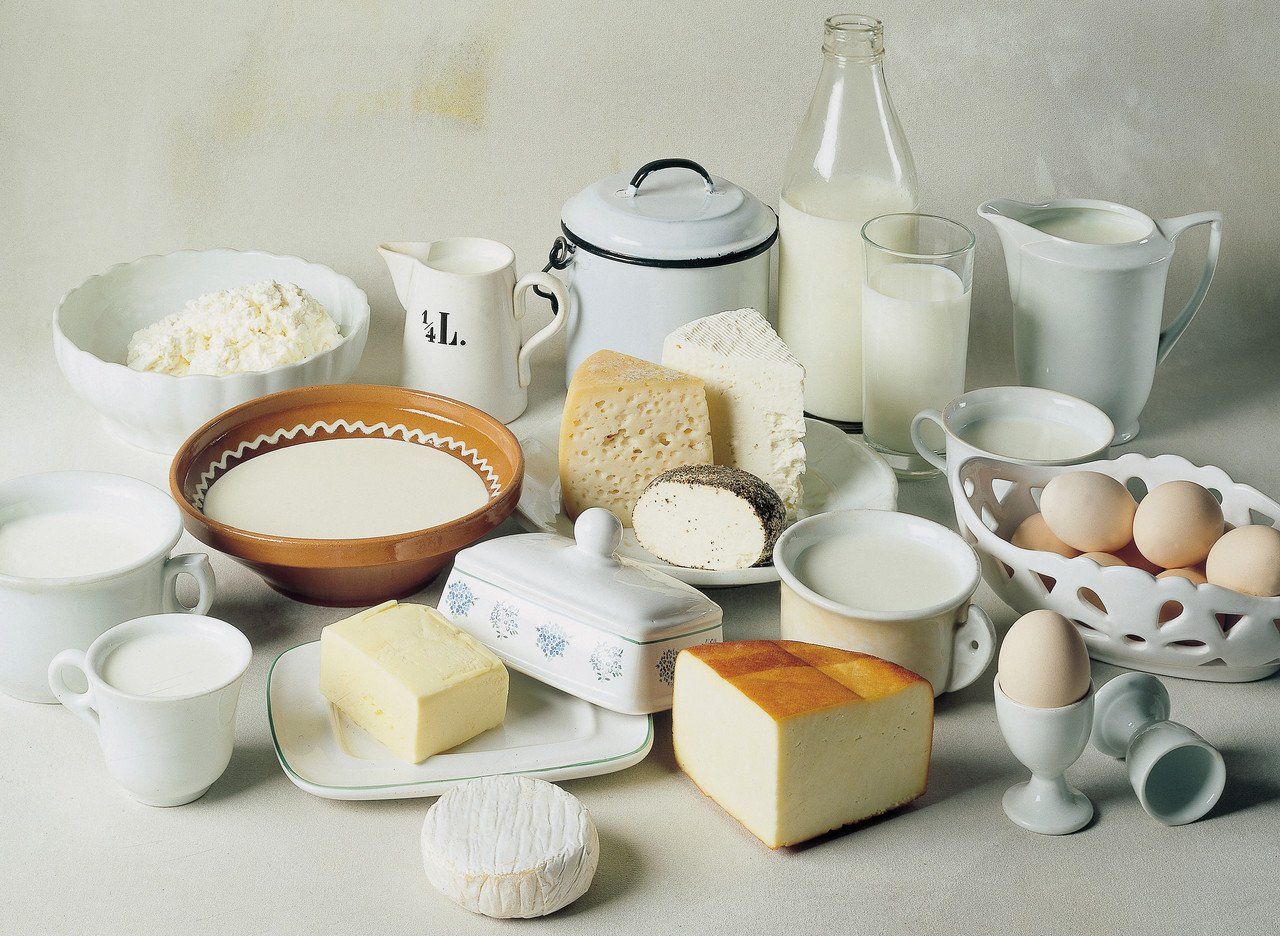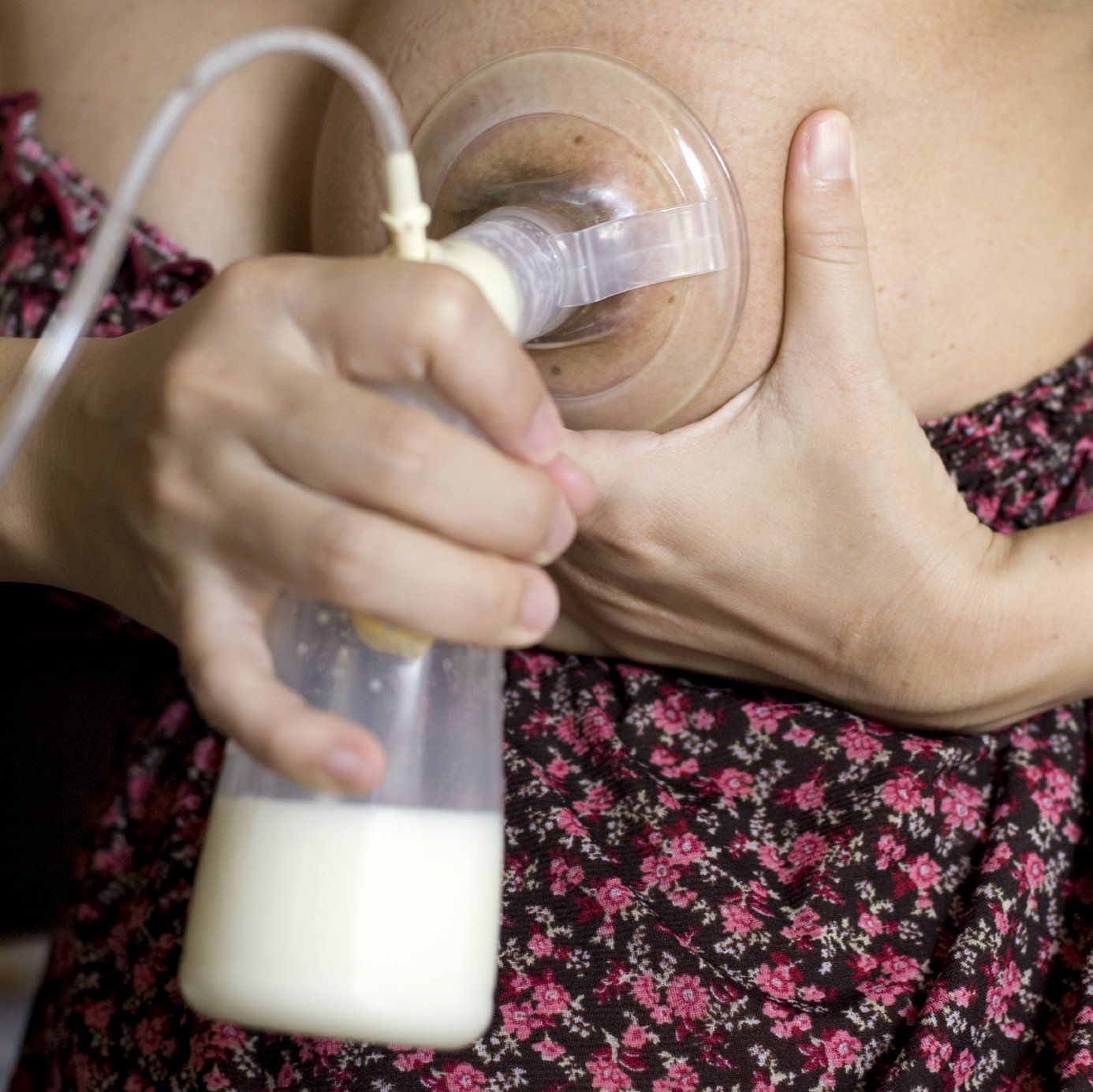Allergy or intolerance to cow's milk protein.
For moms and dads:
Although its incidence is very low (2-3% of babies), there is a majority in quantity and quality of published studies that indicate the advantages of excluding cow's milk protein in babies with colic in the diet.
In cow's milk there are more than 40 potentially allergenic proteins.We find caseins and seroproteins.Beta lactoglobulin does not exist in humans, and is primarily responsible forallergies
In cow's milk there are more than 40 potentially allergenic proteins.We find caseins and seroproteins.Beta lactoglobulin does not exist in humans, and is primarily responsible forallergies
For healthcare professionals:
According to the American Society of Gastroenterology, Hepatology and Pediatric Nutrition (NASPGHAN), we highlight the following information:
What is cow's milk allergy or intolerance?
It is an abnormal reaction by the body's immune system to the protein found in cow's milk: immunoglobulin E.
What are the signs and symptoms of cow's milk protein intolerance?
They are diverse. Symptoms will usually develop within the first week of introducing cow's milk into the diet. Most infants will show signs that involve the skin: hives or eczema, or the gastrointestinal system. Gastrointestinal symptoms may include: vomiting, abdominal pain, blood in bowel movements and diarrhea. Babies may also present: wheezing, irritability, facial swelling and poor growth due to low nutrient absorption.
Incidence: It is thought to occur in 2-3% of infants in the US and occurs in approximately 0.5% of breastfed infants.
Risk factors: Risk factors include having a parent or brother with atopic or allergic disease, such as asthma, eczema, seasonal allergies.
Diagnostic tests: There are no specific diagnostic tests; The best diagnosis is made by history and physical examination.
Treatment: Eliminate cow's milk from the infant's diet and from the diets of the nursing mother; Most cases resolve themselves at 6 years of age.
Regarding infants diagnosed with infant colic, there is a myth of eliminating cow's milk quickly, even knowing the low incidence.
(http://www.gikids.org/content/106/en/cows-milk-protein-intolerance/espanolhttp://www.gikids.org/content/106/en/cows-milk-protein-intolerance/espanol )
However, from Incolic we have made a more thorough review and we highlight the following:
Many published studies show us benefits by excluding from the mother's diet the proteins of bovine origin in moderate or severe colic.
(Jakobsson I, Lindberg T. Cow's milk as a cause of infantile colic in breastfed infants. Lancet. 1978; 26: 437-9)
(Estep DC, Kulcycki A Jr. Treatment of infantile colic with aminoacid-based infant formula: a preliminary study. Acta Pediatr. 2000; 89-22-27)
One of the classic studies in this regard is the 1950s work by Lothe in which it is shown that 71% of children with colic improved by suppressing cow's milk proteins.
(Lothe L, Lindberg T, Jakobsson I. Cow's milk formula as a cause of infantile colic: A double-blind study. Pediatrics. 1982; 70: 7-10.50.)
However, another Treem study shows that suppressing cow's milk proteins to mothers who breastfeed babies with colic does not mean improvement in any case.
(Treem WR. Child colic: A pediatric gastroenterologist's point of view. Pediatr Clim North Am 8ed esp). 1994; 5: 1119-1135)
What has been shown is that babies who suffered from colic in the infant have, more frequently than the rest, allergy to cow proteins and other food allergies at one year of age.
(Jakobsson I, Lindberg T. A prospective study of cow's milk protein intolerance in Swedish infants. Acta Paediatric Scand. 1979: 68: 853)








